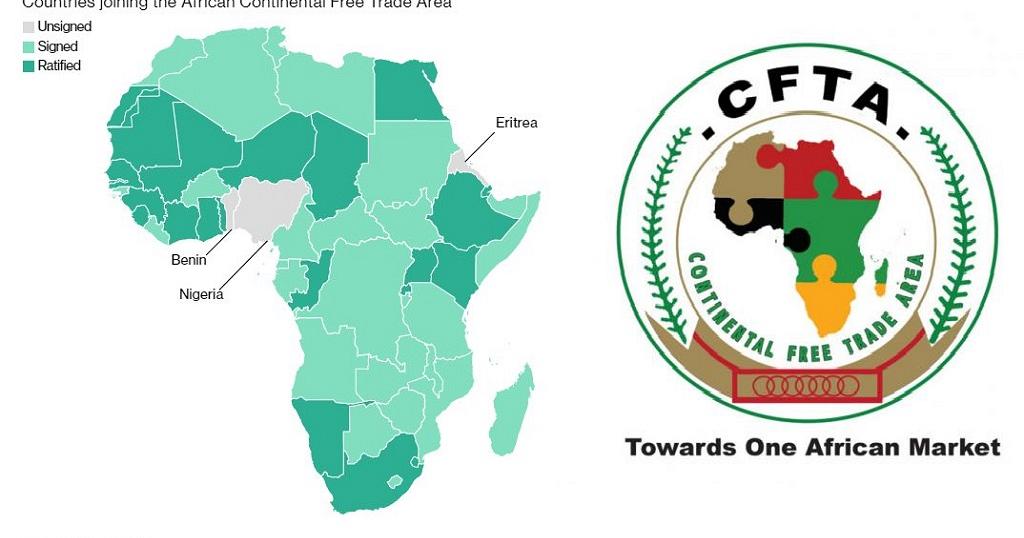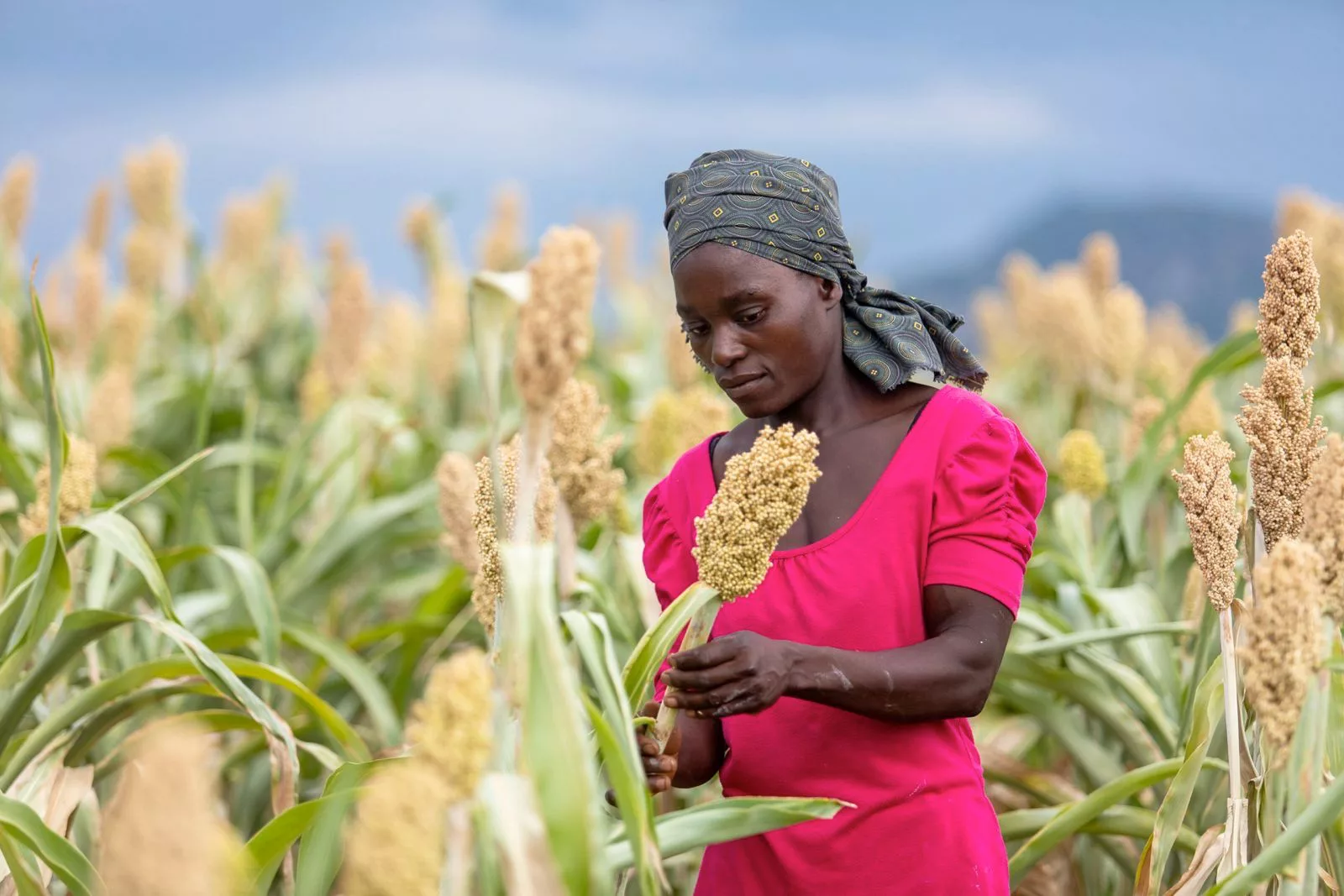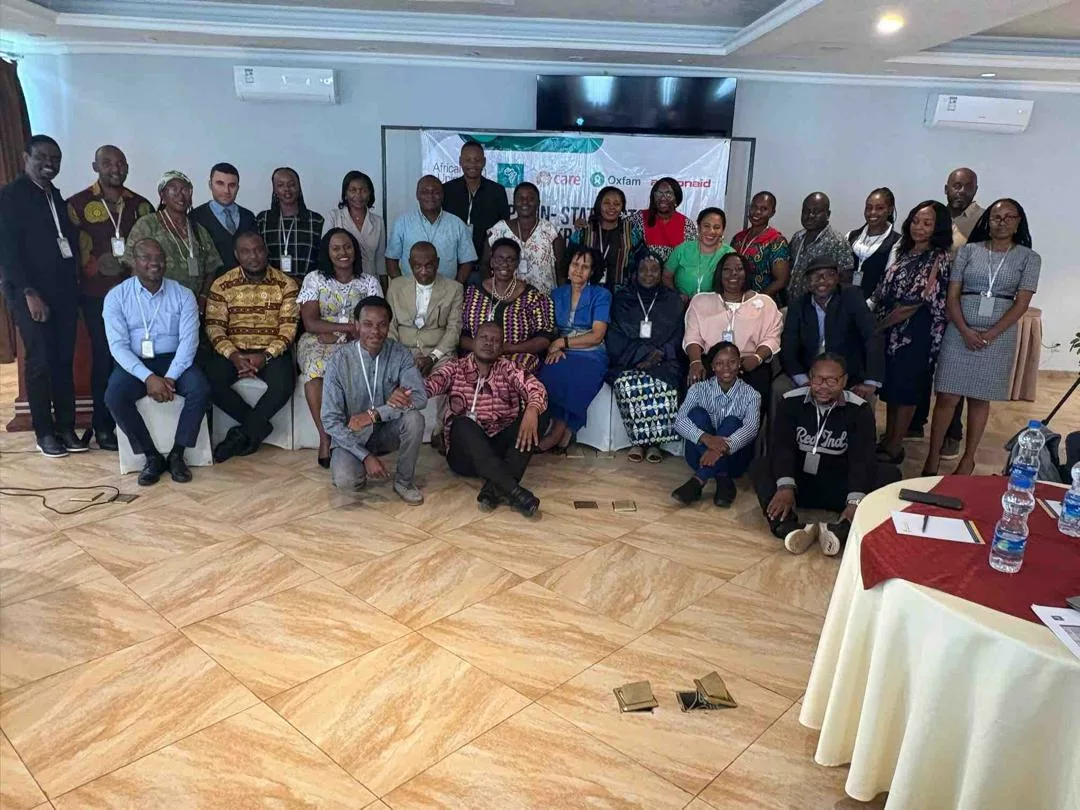By Albert Matongo
Africa is endowed with vast natural resources ranging from precious minerals, petroleum, fauna, and flora as well as the land which has been the most contagious issue since the colonial era.
Such endowments have been attractions of foreign interest in Africa up to date. However, the latest developments can reveal that foreign powers such as Europe, America, China, and the Asian Tigers among others are changing their modus operandi from the obvious direct political control and confrontation to economic, social, and cultural partnerships with African countries with the view to continuously gain access to Africa`s natural and human resources.
Whilst other superpowers such as America and Europe are using human and minority rights (gay rights) to further their control of Africa, China has paid a blind eye to such operations.
China is currently the most aggressive country among other superpowers in the quest to control Africa as evidenced by her BELT AND ROAD INITIATIVE in which she intends to construct a railway line as well a road that links China directly to Africa, just like Cecil John Rhodes who had the same idea of CAPE TO CAIRO DREAM during the colonial era hence Africa has to open her eyes to such initiatives.
China`s involvement in Africa can be viewed in terms of power asymmetry between China and the African governments which it pens agreements within the partnership.
Of interest are distortions in the concept of equality between China and the intended African beneficiaries of the partnerships whereby Chinese deals are actually regarded as debt traps for African countries, for example in the case of Zambia, China deals during the presidency of Micheal Sata.
Zambia accrued debts from Chinese partnerships which resulted in China taking control of Zambian international airport with a bid to recover loans and interest accrued by Zambia.
The recent establishment of a military base in Djibouti by China is another testimony of Sino-Africa relations which has the potential to undermine the host’s sovereignty and Zimbabwe is also not spared in this intriguing debate.
The economic partnerships signed between Zimbabwe and China have not been mutually beneficial to Zimbabwe typically as in other cases of African countries.
The current relations between China and Africa are just a replica of the International Monetary Fund and World Bank prescriptions and strategies implemented in Latin America.
Africa should take a leaf from such experiences and avoid falling prey to Chinese machinations.
Of interest is the Chinese five-year plan earmarked to span from the year 2020 to 2025 which promotes Chinese interests ahead of collective global interest.
In pursuit of this policy, the Chinese are using any means necessary to further its interests globally and the control of Africa which is the hub of human and natural resources.
However, this has not been the case of China alone as history is now repeating itself in the sense that states are swiftly moving away from global or collective interests to self-centred approach that has been previously adopted by Britain and America even to the current date.
The United States under the Donald Trump administration at one point in 2020 withdrew its financial contributions to the World Health Organization opting to tackle the COVID-19 pandemic in isolation on their own without collaborating with other nations.
On the other hand, the Brexit move by Britain is also aimed at boosting the British economic self-interests over entire Europe. As a result of the Brexit move, Britain is penning bilateral agreements with African countries, independent of the European Union.
All these endeavors by superpowers should definitely ring a bell to African leaders when penning down any agreements considering that the scramble for Africa is resurfacing in a cunning but systematic manner.
In view of the above, Africa should focus on furthering its own interests and engage in genuine mutually benefiting deals. More so, Africa should quickly adapt to the fast-moving technology as the Asian Tigers that have been quick in catching up with technology and also greatly mobilizing both labour and capital resources.






